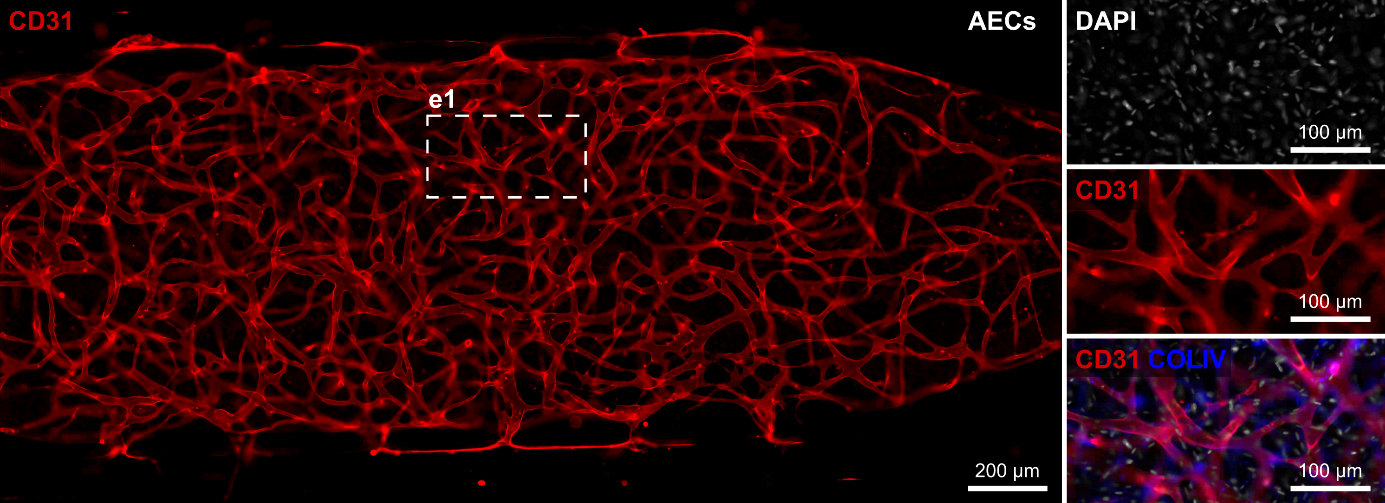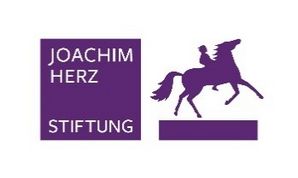Establishment of a hiPSC-derived vascularized in vitro model of the endocrine pancreas
In our approach, we do not use animal models, which can only reflect human processes to a certain point. Instead, we attempt to investigate this question using a novel in vitro model of the endocrine pancreas. For this purpose, hiPSC-derived endocrine pancreatic cells and arterial endothelial cells are combined in a microfluidic system. This is a network of fine channels , which, similar to blood vessels in our body , can transport fluids and supply the immediate environment. Once a perfusable endothelial cell network has been formed, the interactions between endothelial cells and endocrine cells can be investigated. The established model will be used in the future to investigate how the physical contact between endothelial cells and endocrine cells influences the maturation of beta cells in terms of gene expression, function and polarization.

Cooperation partner: Prof. Christopher Hughes (University of California, US)
Project duration: 2021 - 2024

